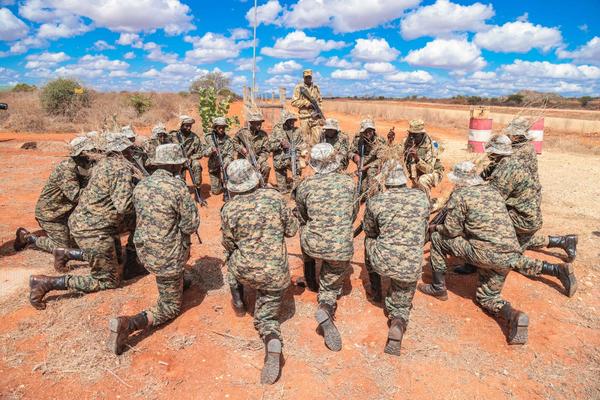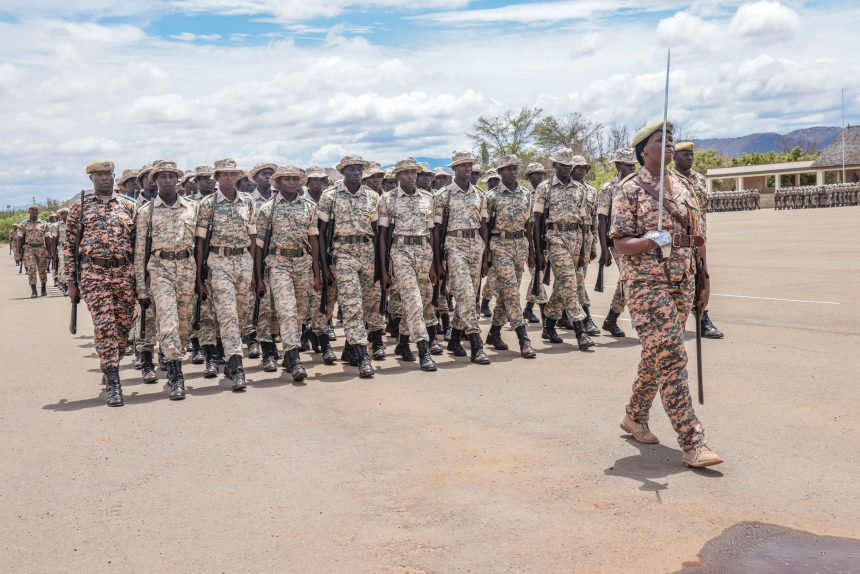Kenya will mark a pivotal moment in its conservation journey as 1,274 newly recruited rangers graduate from the Kenya Wildlife Service (KWS) Law Enforcement Academy in Manyani, Tsavo West National Park.
President William Ruto will officiate the ceremony which will be held on December 3, 2024, celebrating the completion of six months of intensive paramilitary training.
Before this recruitment, KWS faced a workforce shortfall of 27 per cent, particularly within the uniformed cadre critical to its core conservation mandate.

Recognizing the urgency, President Ruto issued a directive for the recruitment of 150 Cadets and 1,350 Rangers.
Following this approval, the Service conducted a nationwide recruitment exercise in April 2024, selecting candidates from all 47 counties.
The recruits, now ready to join Kenya’s conservation force will play a vital role in protecting the nation’s rich biodiversity, combating poaching, and managing human-wildlife conflicts.

Their deployment underscores the government’s commitment to addressing conservation challenges through strategic capacity building.
Established in 1990 as the KWS Field Training School and renamed in 2011, the Manyani Academy has trained thousands of skilled rangers dedicated to safeguarding Kenya’s natural heritage.
The institution continues to be a cornerstone in building resilience against environmental threats.
The recruitment and training initiative aligns with the government’s Bottom-Up Economic Transformation Agenda (BETA), aimed at creating employment and empowering communities.
Through this program, KWS not only addresses conservation priorities but also provides sustainable livelihoods, ensuring equitable representation of youth across the nation.

Beyond ranger recruitment, KWS has expanded its impact by opening 122 investment sites in national parks to boost eco-tourism and stimulate local economies.
It has also promoted lesser-known parks such as Marsabit and Ruma, diversifying Kenya’s tourism offerings and creating economic opportunities for surrounding communities.
Additionally, KWS supports community-led conservation projects to enhance local ownership of natural resource management.
Initiatives such as reforestation and carbon credit programs demonstrate Kenya’s leadership in global climate action and sustainable development.
As the nation prepares to celebrate this historic milestone, the graduating rangers symbolize a renewed commitment to conservation.
Their readiness to serve highlights the importance of protecting Kenya’s natural treasures while advancing socio-economic progress for its people.





